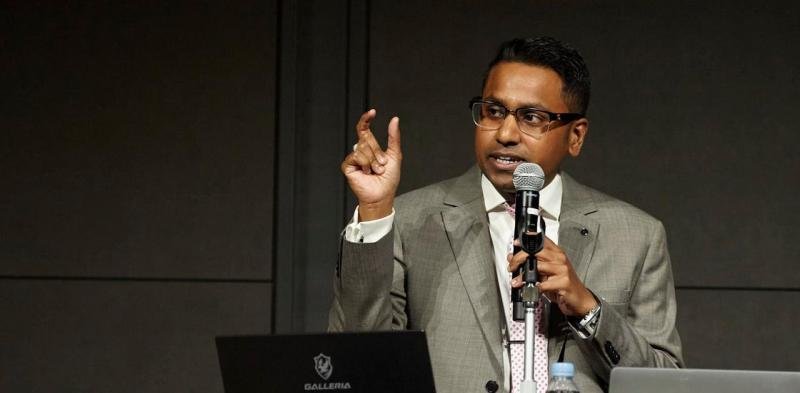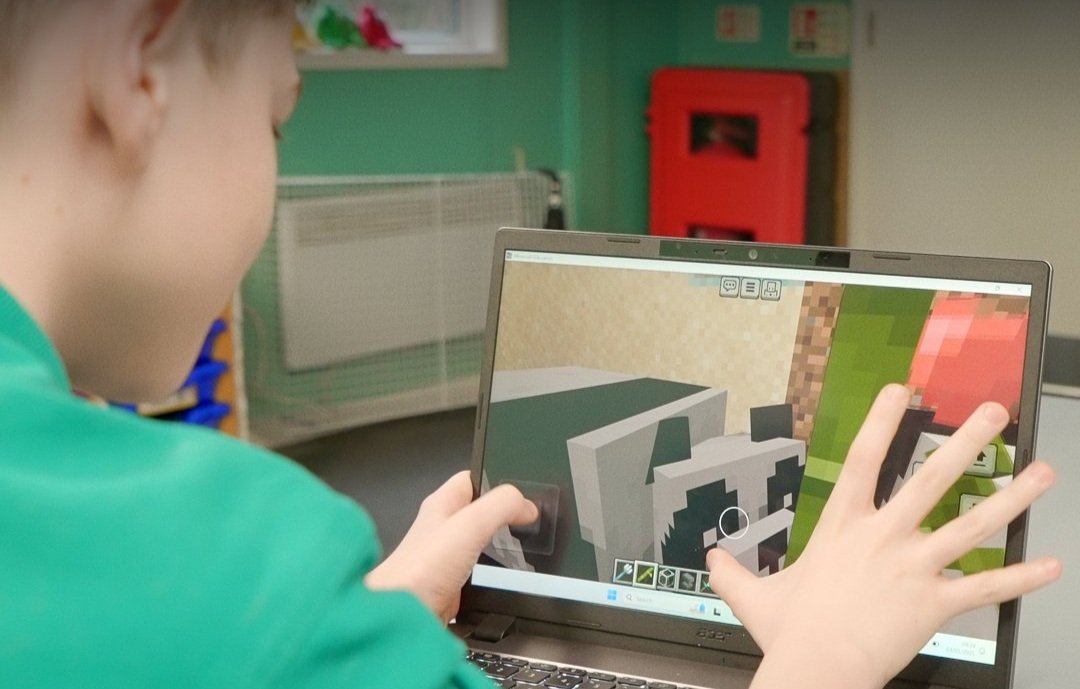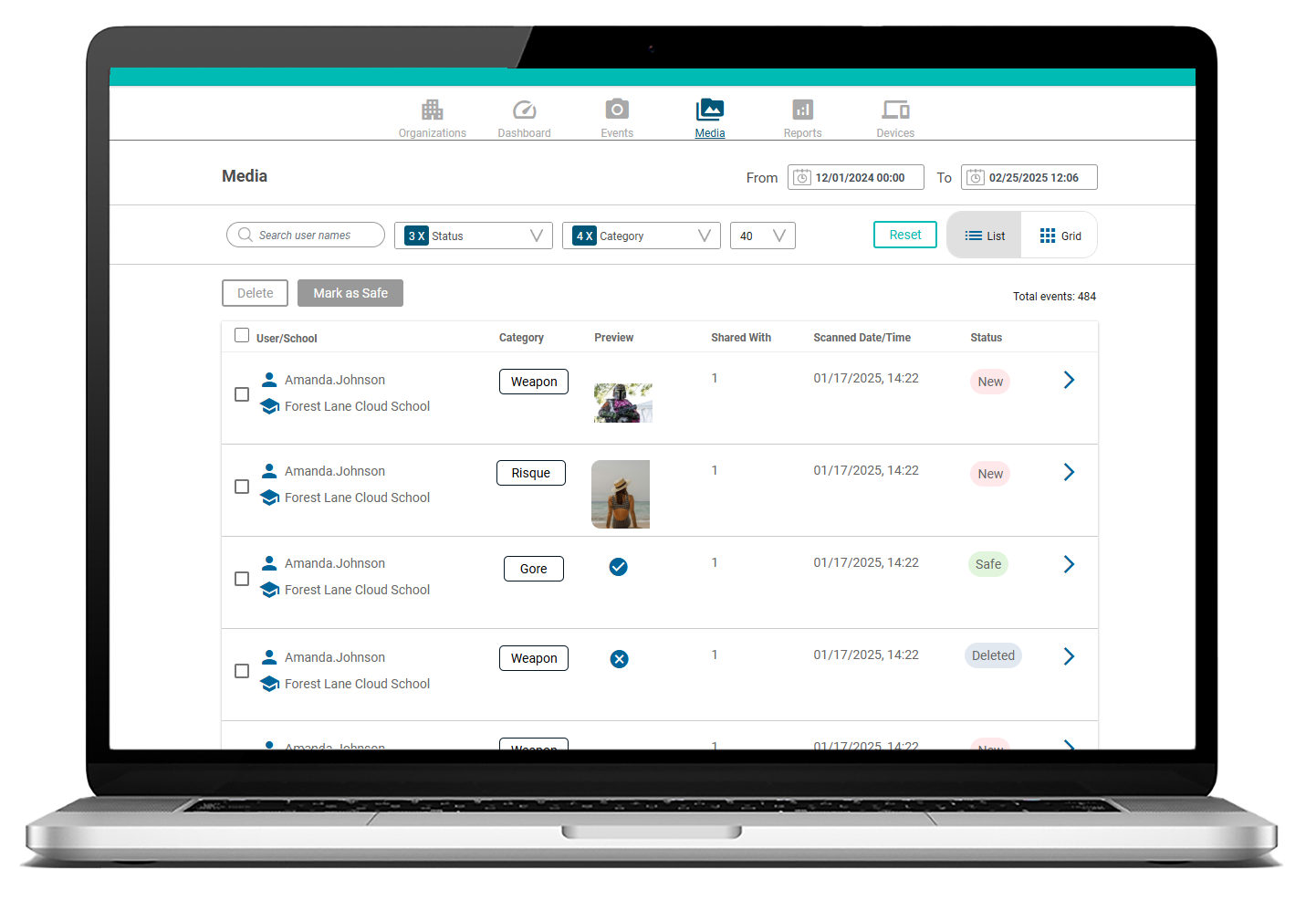NHS doctors create Medly AI to combat educational inequality with neuroscience and AI
Educational inequality continues to be a major issue in the UK, with students from lower-income backgrounds often lacking access to personalised tutoring.
Medly AI, an edtech startup founded by two NHS doctors, wants to bridge this gap by combining neuroscience, artificial intelligence, and proven teaching methods to offer tailored education for students from all backgrounds.
Medly AI was designed to provide personalised learning experiences that adapt to each student's strengths and areas of development. The platform’s technology helps address the inequities that many students face, particularly those unable to afford private tutoring or additional support. Since its launch in 2023, Medly AI has supported over 10,000 students in improving their GCSE scores.
Speaking exclusively to EdTech Innovation Hub, Dr. Kavi Samra, Chief Operating Officer and co-founder of Medly AI, said:
"At Medly AI, our mission is to dismantle the barriers of educational inequality that many students face, my experiences growing up created this passion and as a company we want to help solve this issue to enable everyone to reach their full potential."
Founders with firsthand experience
Medly AI’s founders, Dr. Kavi Samra and Dr. Paul Edwards, grew up experiencing the very educational disparities they are now working to overcome. Both doctors come from low-income backgrounds, where access to personalised tutoring was out of reach.
Their experiences shaped the vision for Medly AI, where they leveraged their expertise in medicine and neuroscience to create a potential solution.
Dr. Paul Edwards, who holds a PhD in neuroscience, explained how the app utilises his research:
“Creating tools that genuinely help people has always been my passion. By applying insights from my PhD in neuroscience, we’ve developed a custom AI architecture that revolutionises teaching. Medly AI adapts to each student’s unique learning style, making education more accessible and effective than ever before.”
How Medly AI works
At its core, Medly AI offers an adaptive learning experience. The platform provides personalised exam preparation, with features such as real-time marking, adaptive questions, and visual tools to track progress. Students can submit exam questions by simply snapping a photo, and the AI delivers detailed feedback and solutions, simulating a 24/7 personal tutor.
The full list of tools includes:
Exam Papers with Instant Marking and Feedback: Students can practise with AI-predicted exam papers tailored to their specific exam board. The platform provides real-time marking and feedback, allowing students to simulate exam conditions and receive immediate results.
Ask Medly Anything: This feature allows students to snap a photo of any exam question and receive detailed explanations and solutions.
Medly Atlas: A visual learning tool, Medly Atlas maps out the student’s entire exam curriculum as interactive islands that evolve based on their progress.
Mastery Learning with Adaptive Practice Questions: The app generates algorithm-based practice questions that adjust to the student’s ability level, keeping sessions challenging but achievable.
Learn Through Conversation: Medly AI provides personalised lessons based on neuroscience and proven educational theories. The lessons are tailored to the student’s exam curriculum.
Friendly Learning Companion: Medly AI tracks each student’s progress over time, learning from interactions within the app. It identifies weak topics and provides actionable suggestions to improve exam performance, ensuring a continuous improvement cycle.
Medly AI has received significant support from leading institutions, including UCL, Innovate UK, Microsoft, and Google, with funding totalling £400,000. The company has also raised £1 million from Eka Ventures, an impact-focused venture capital firm, to scale its operations and expand its reach.
The founders believe that using AI and neuroscience can create a more equitable education system, one where students are not held back by their socioeconomic status.
Dr. Kavi Samra concluded:
“Leaving my specialist training as an anaesthetist in the NHS was a challenging decision, but I realised that through Medly AI, I could make an even larger impact by helping countless students overcome educational inequalities. Our goal is to provide personalised education to every student, regardless of their background, and empower them to reach their full potential.”





















